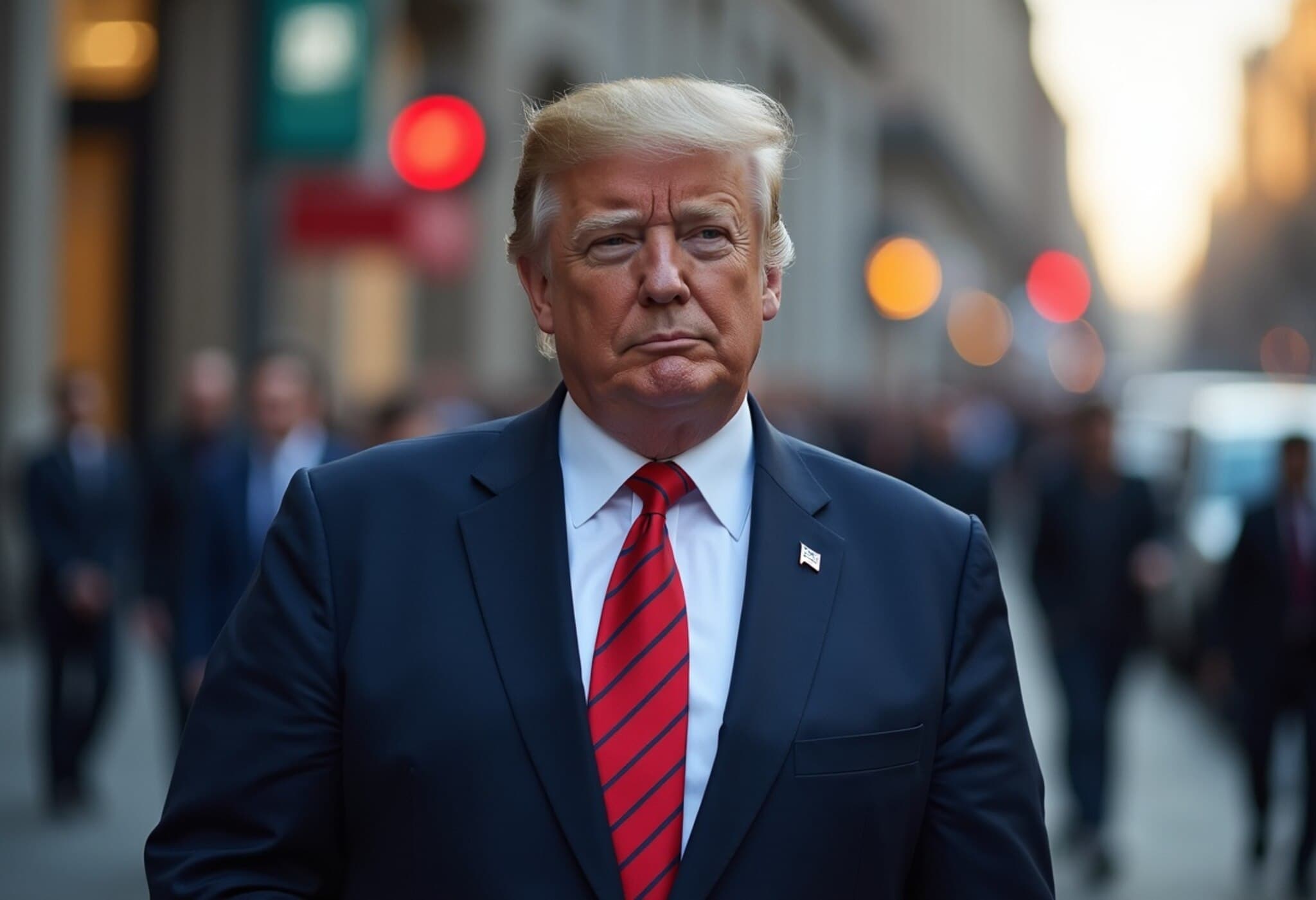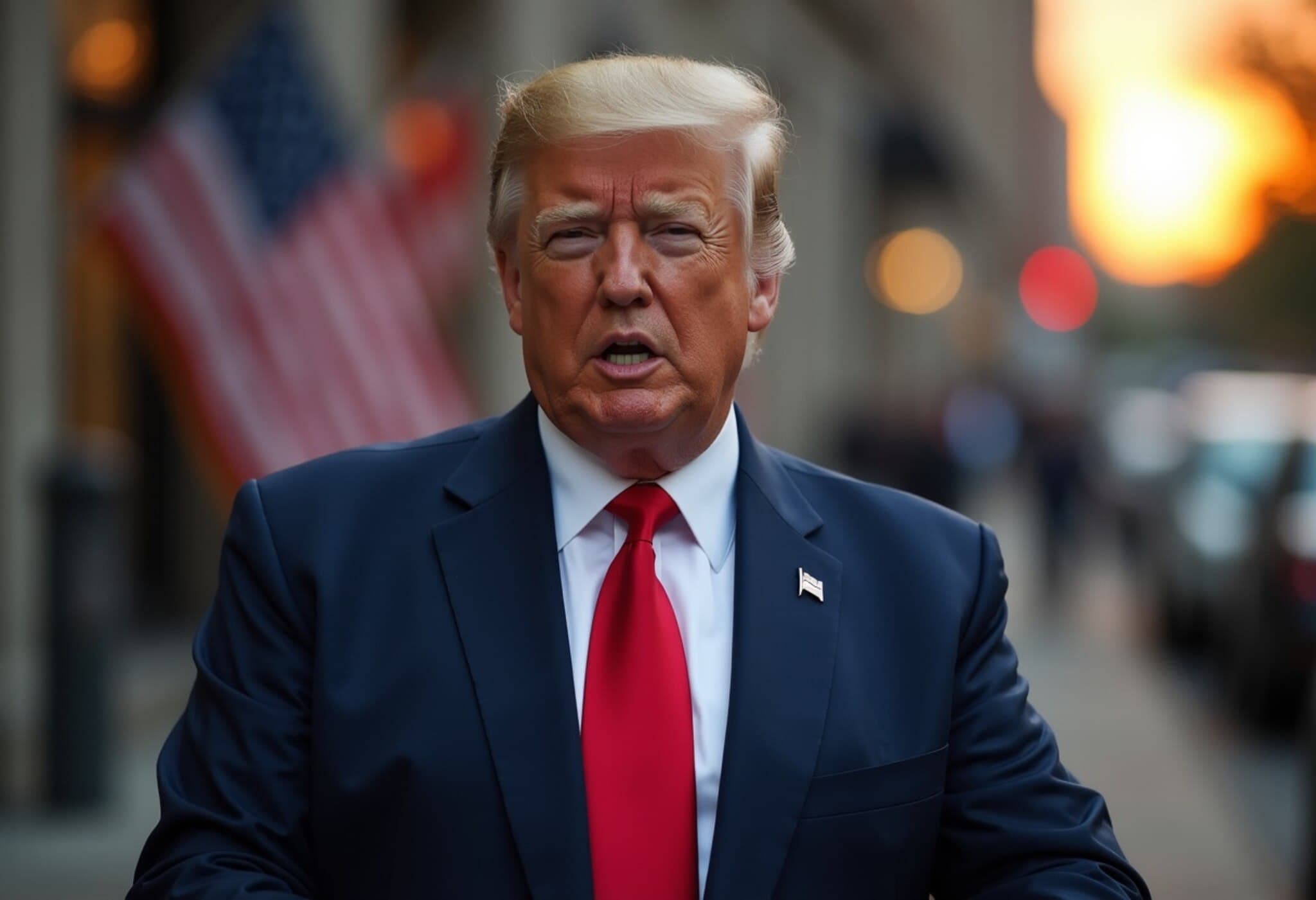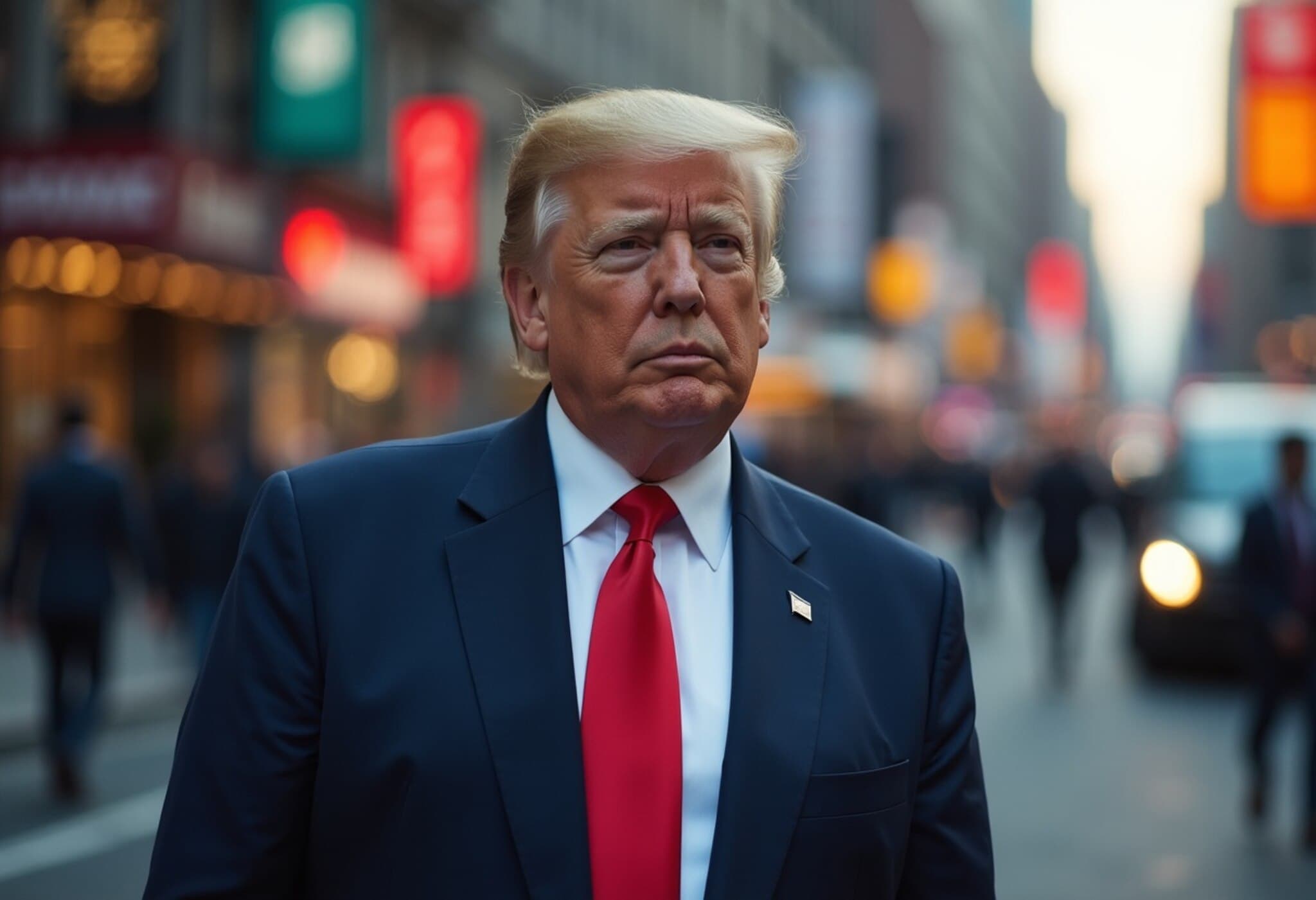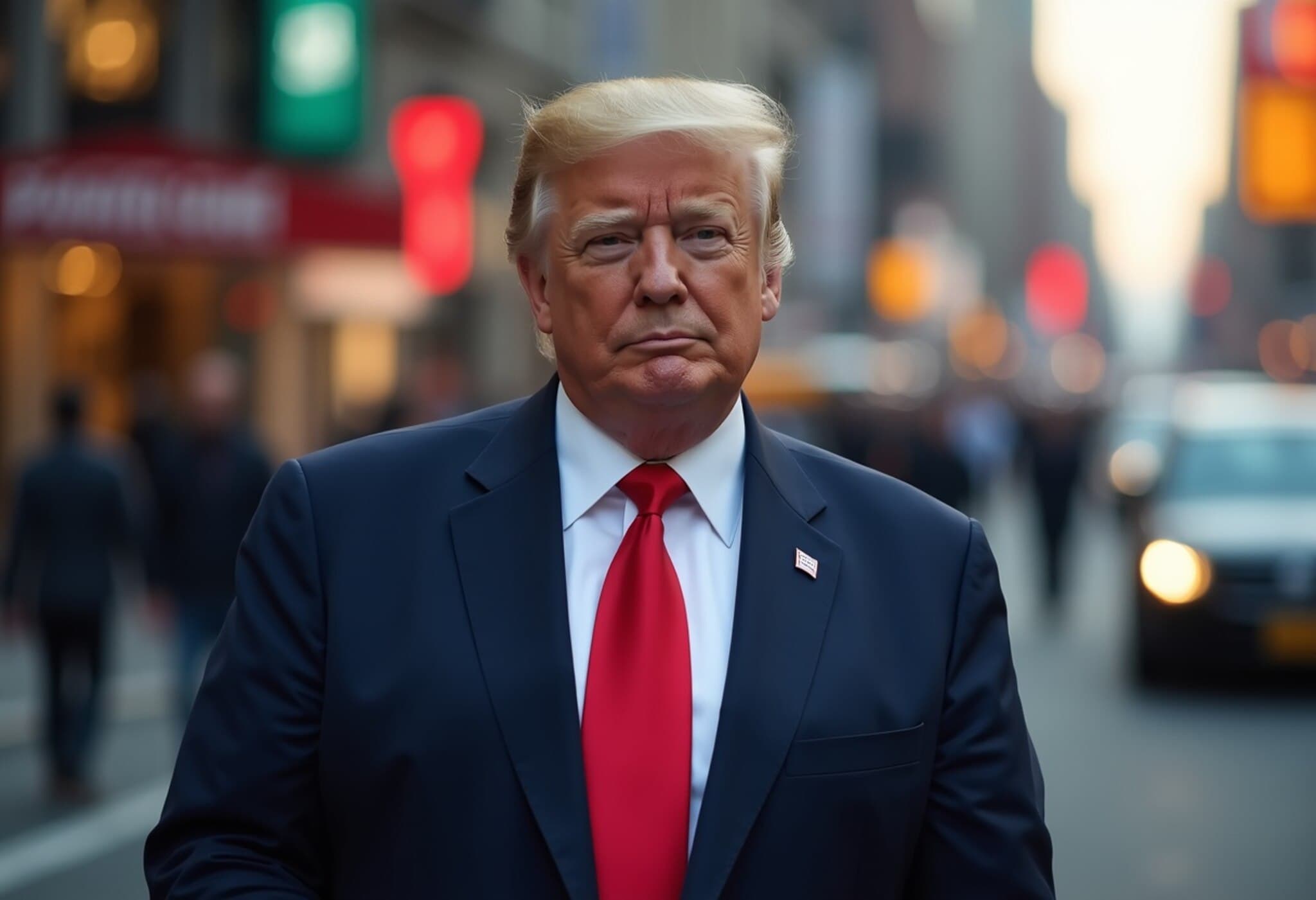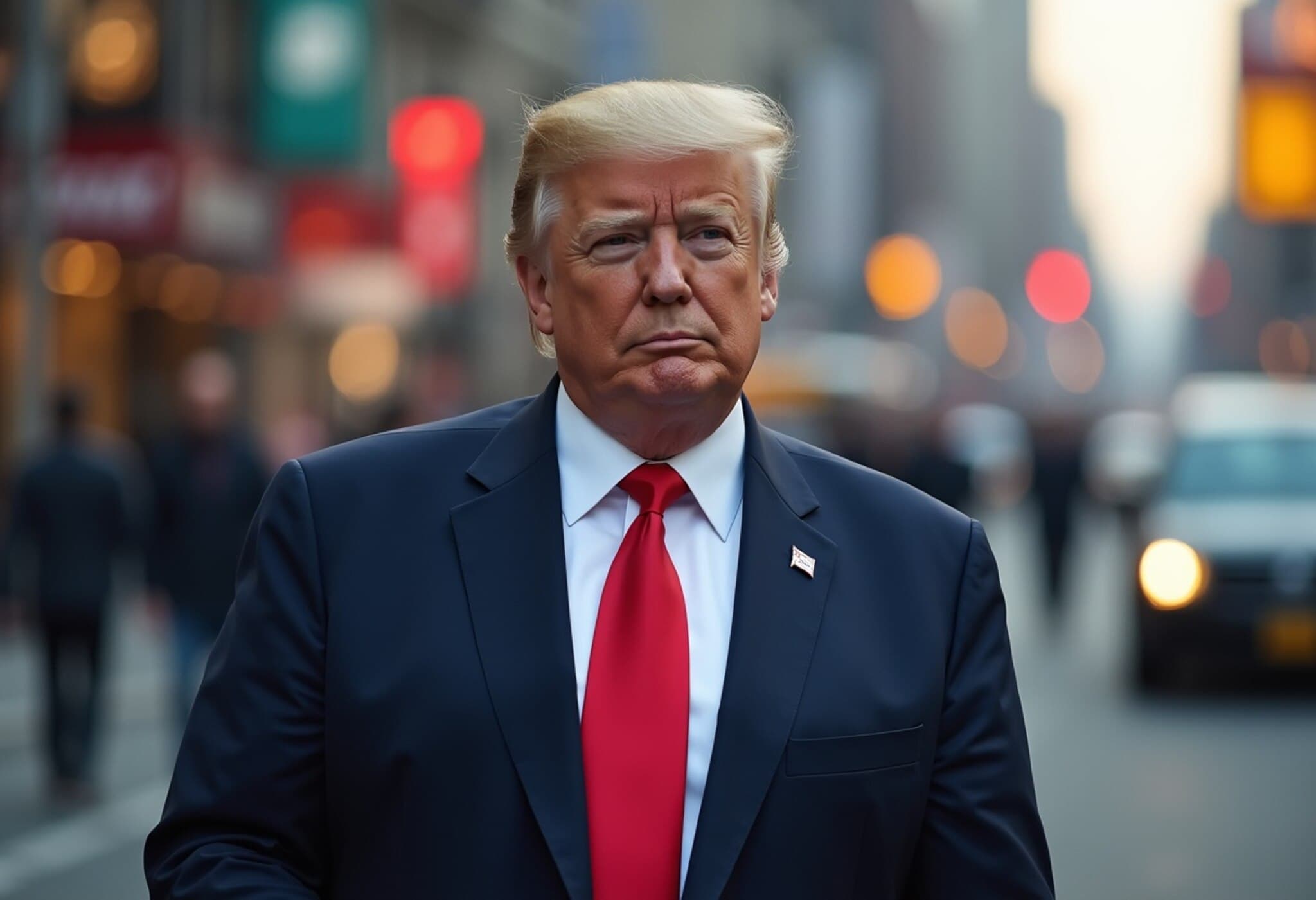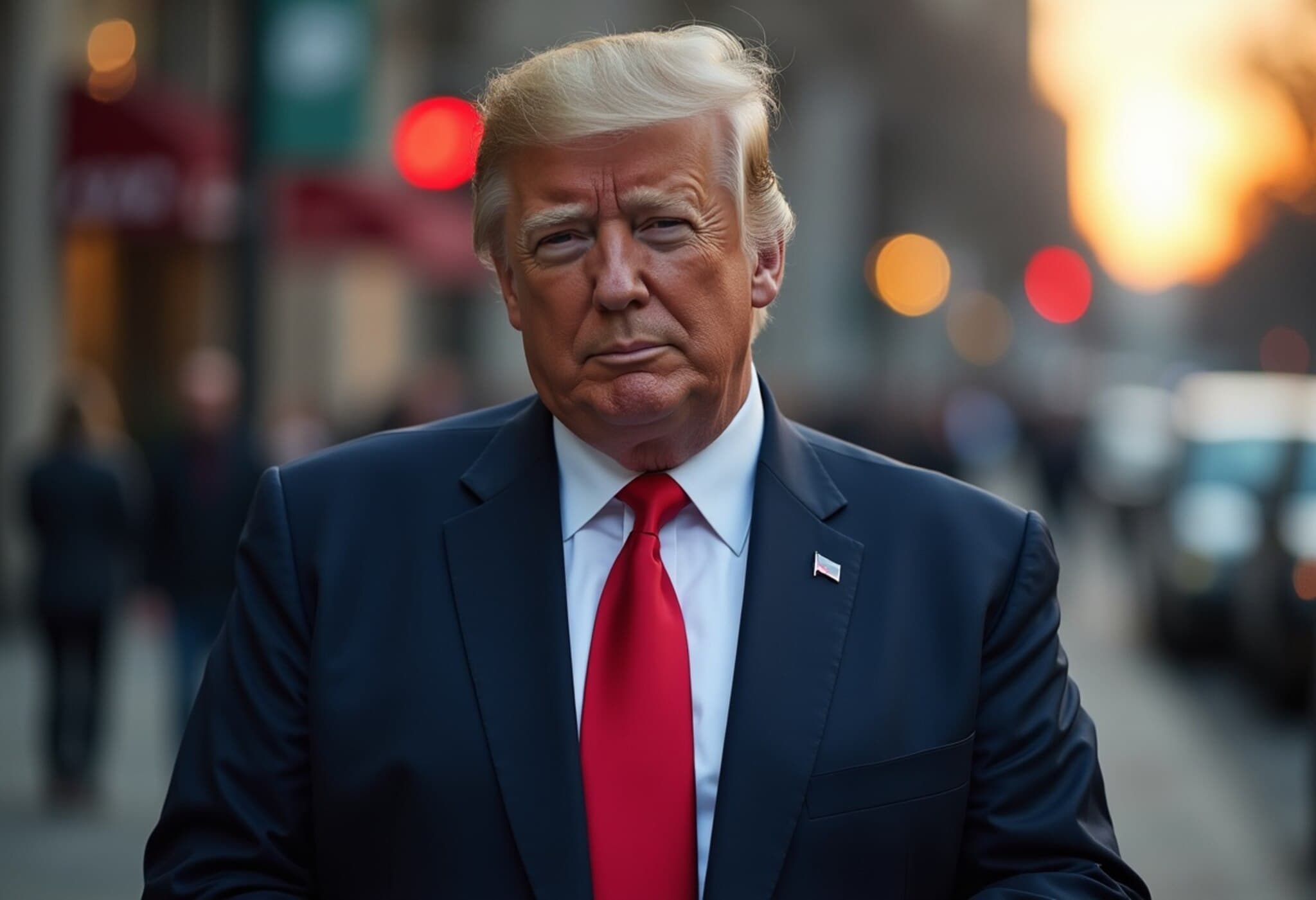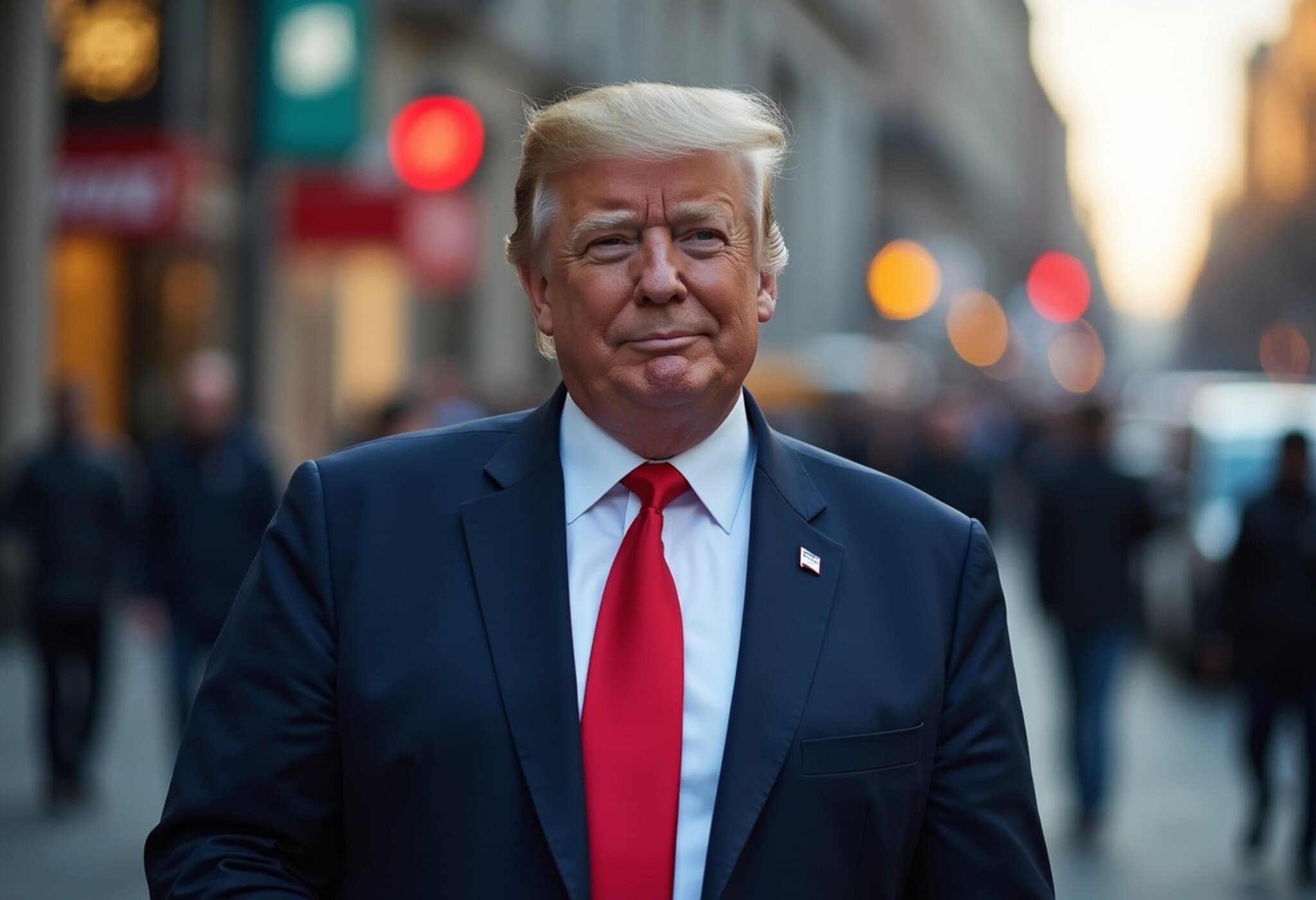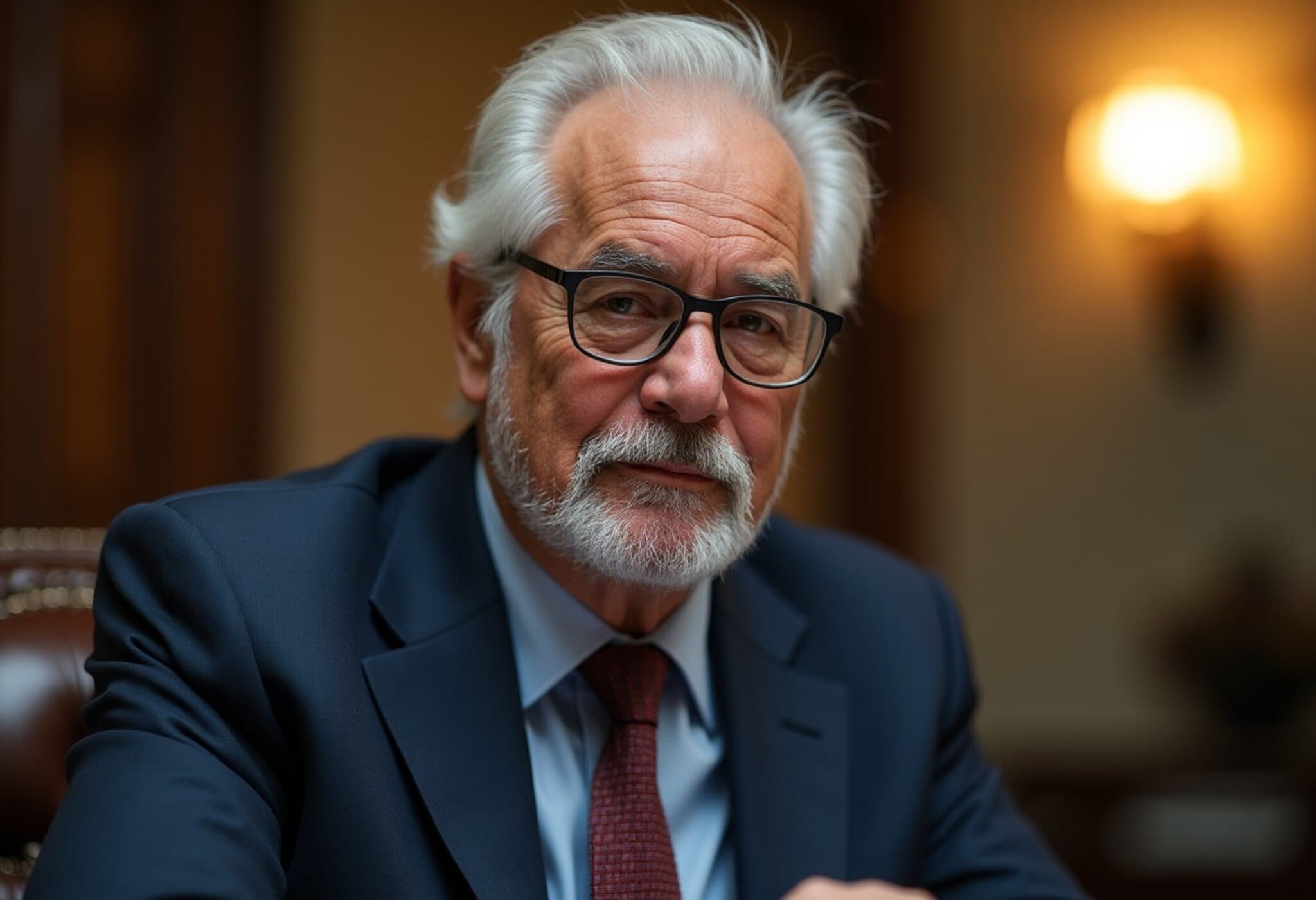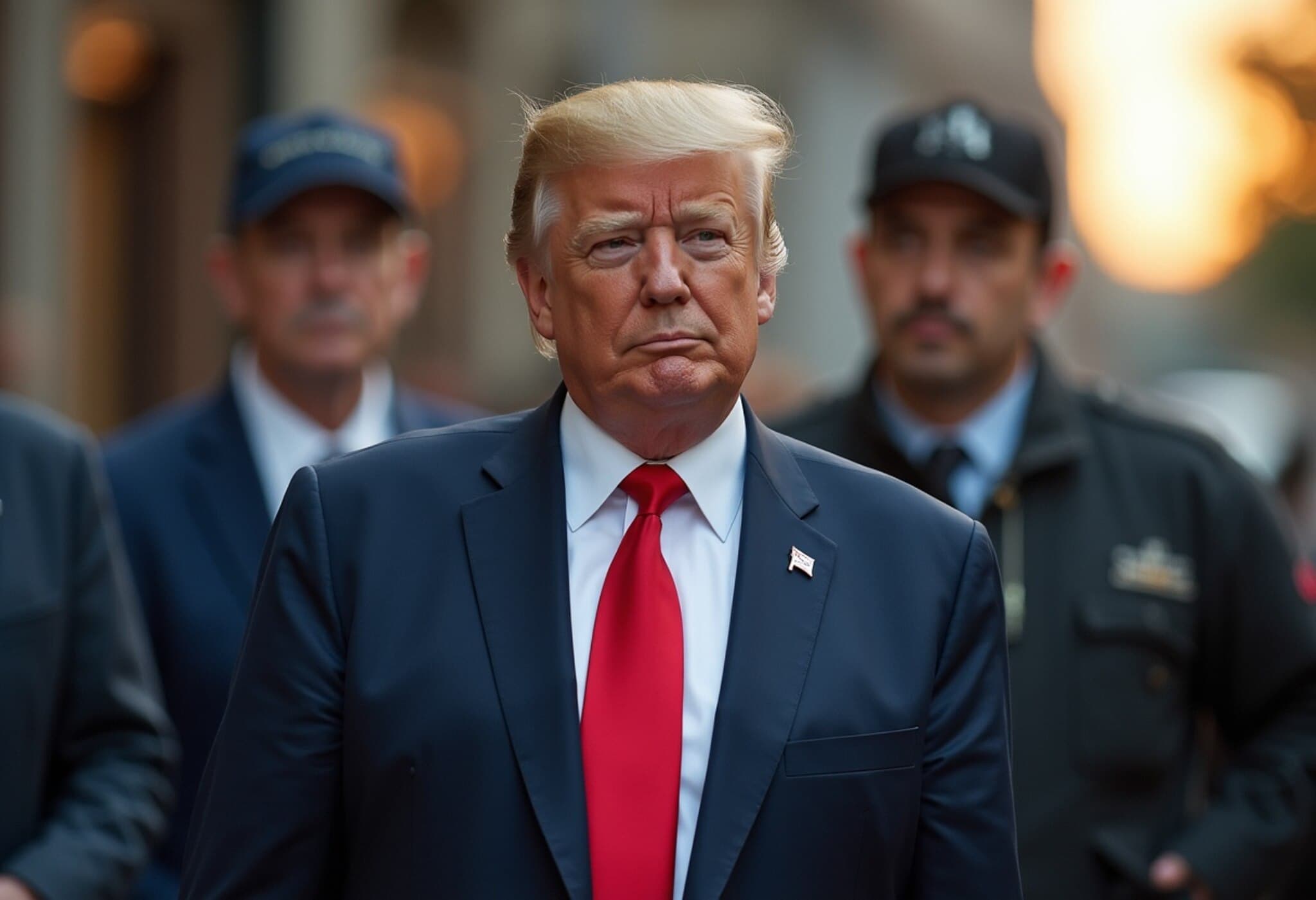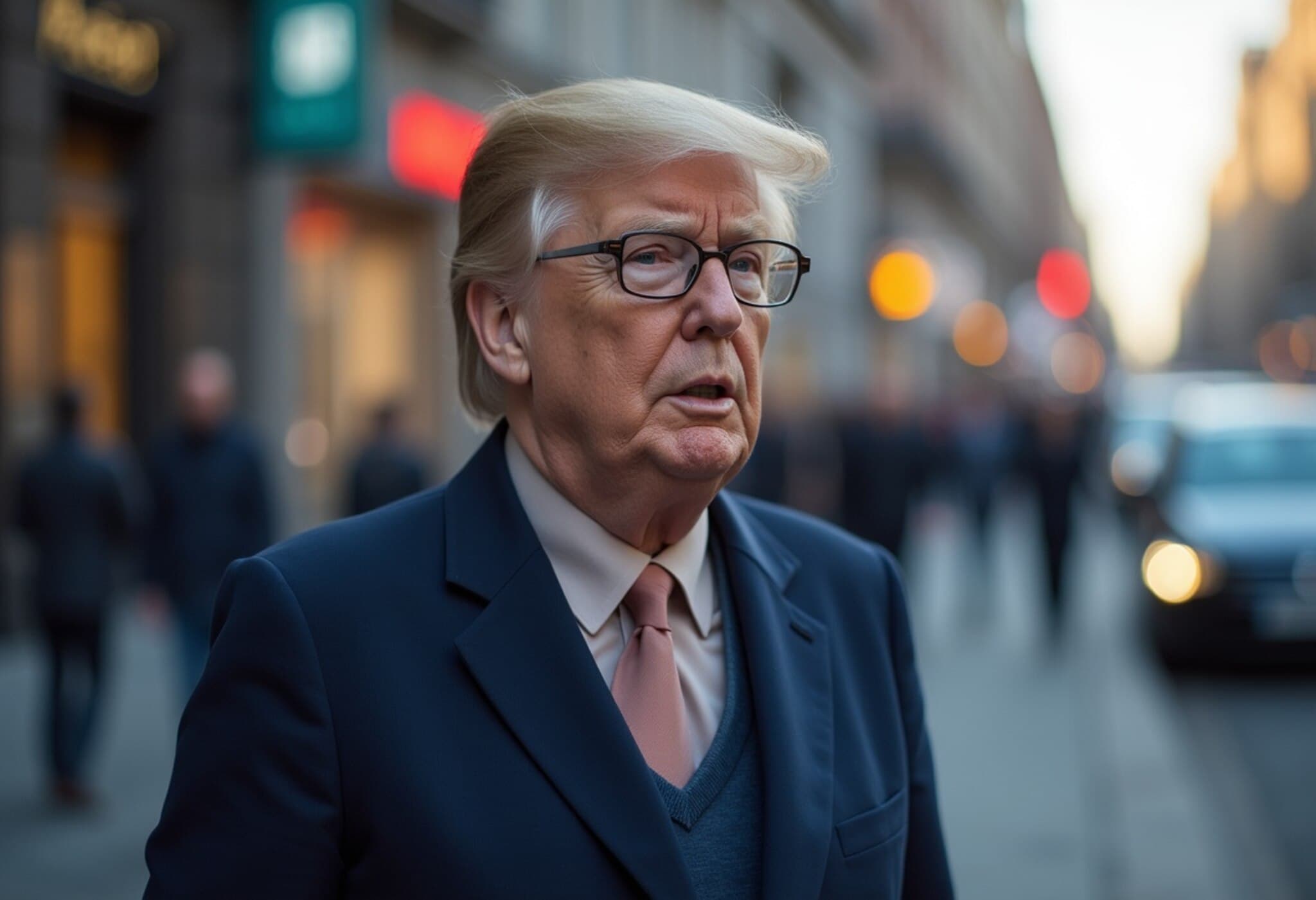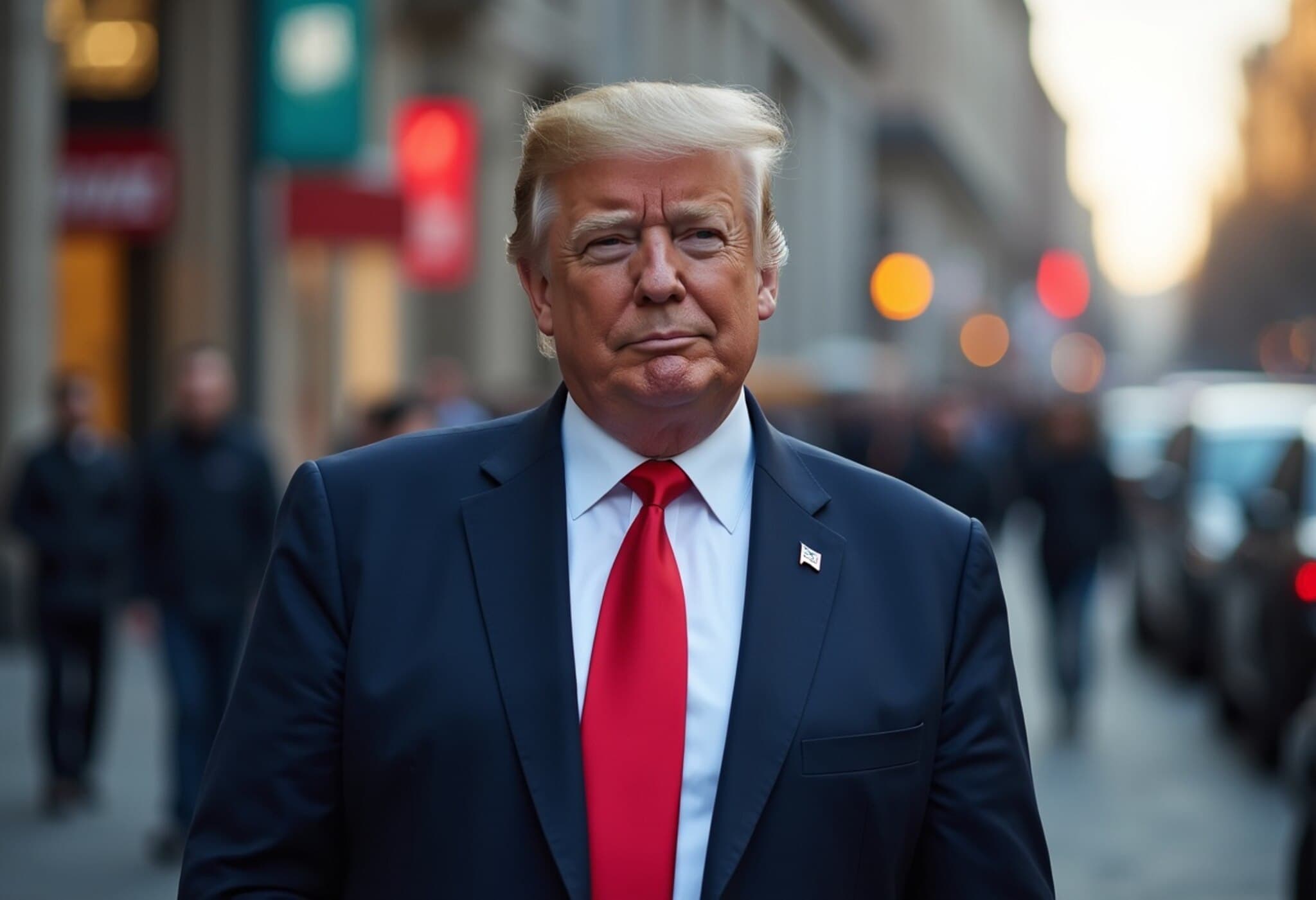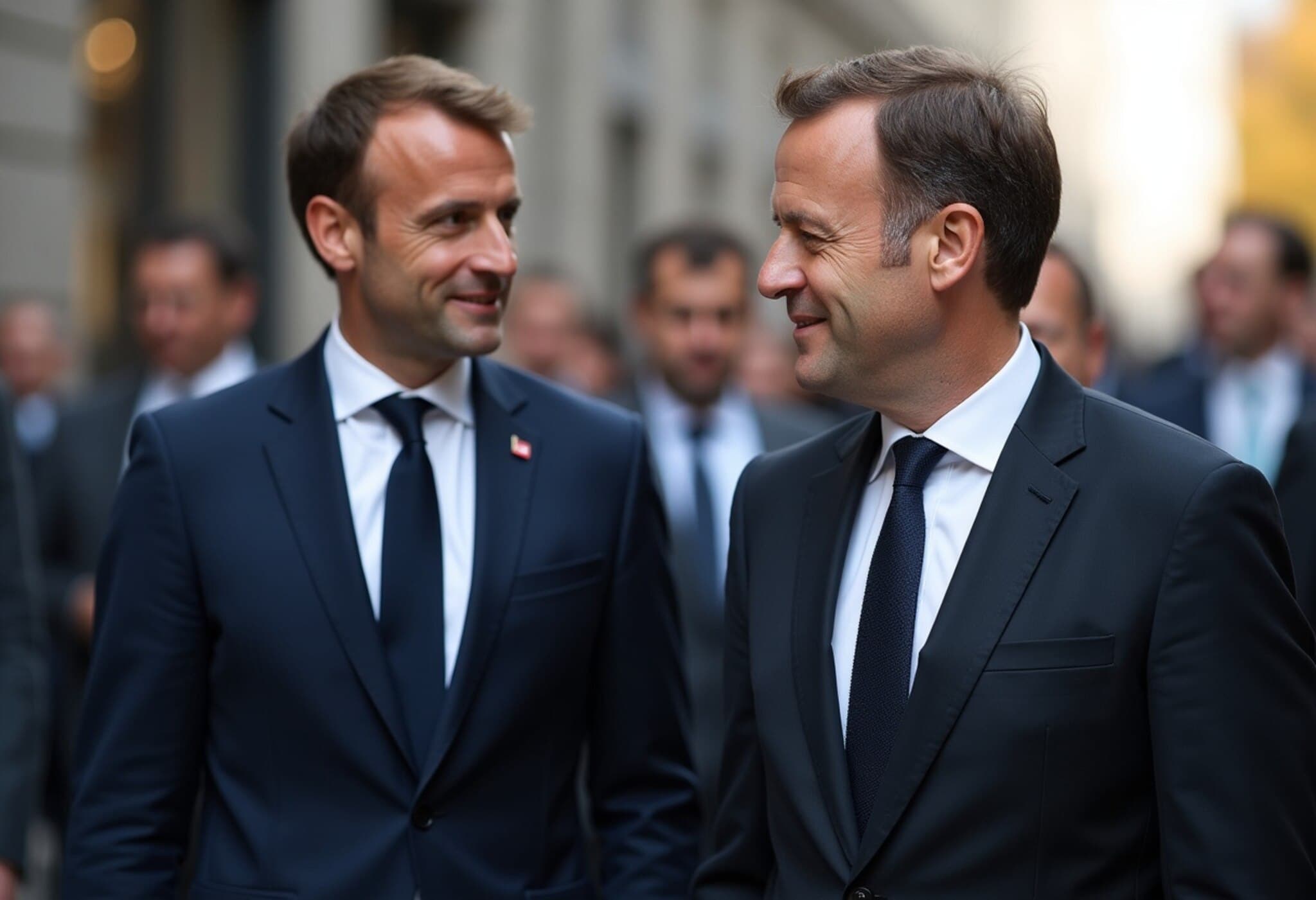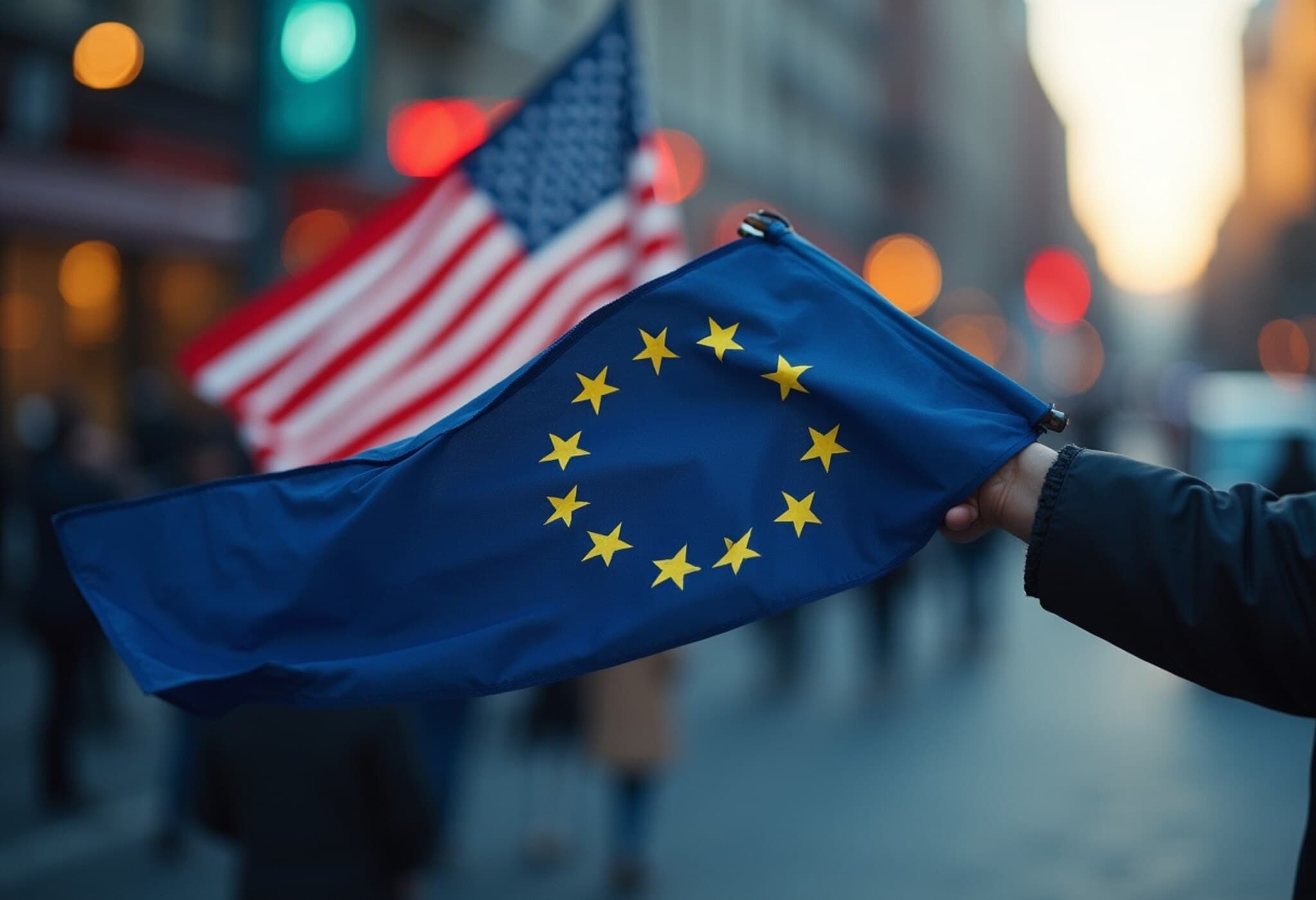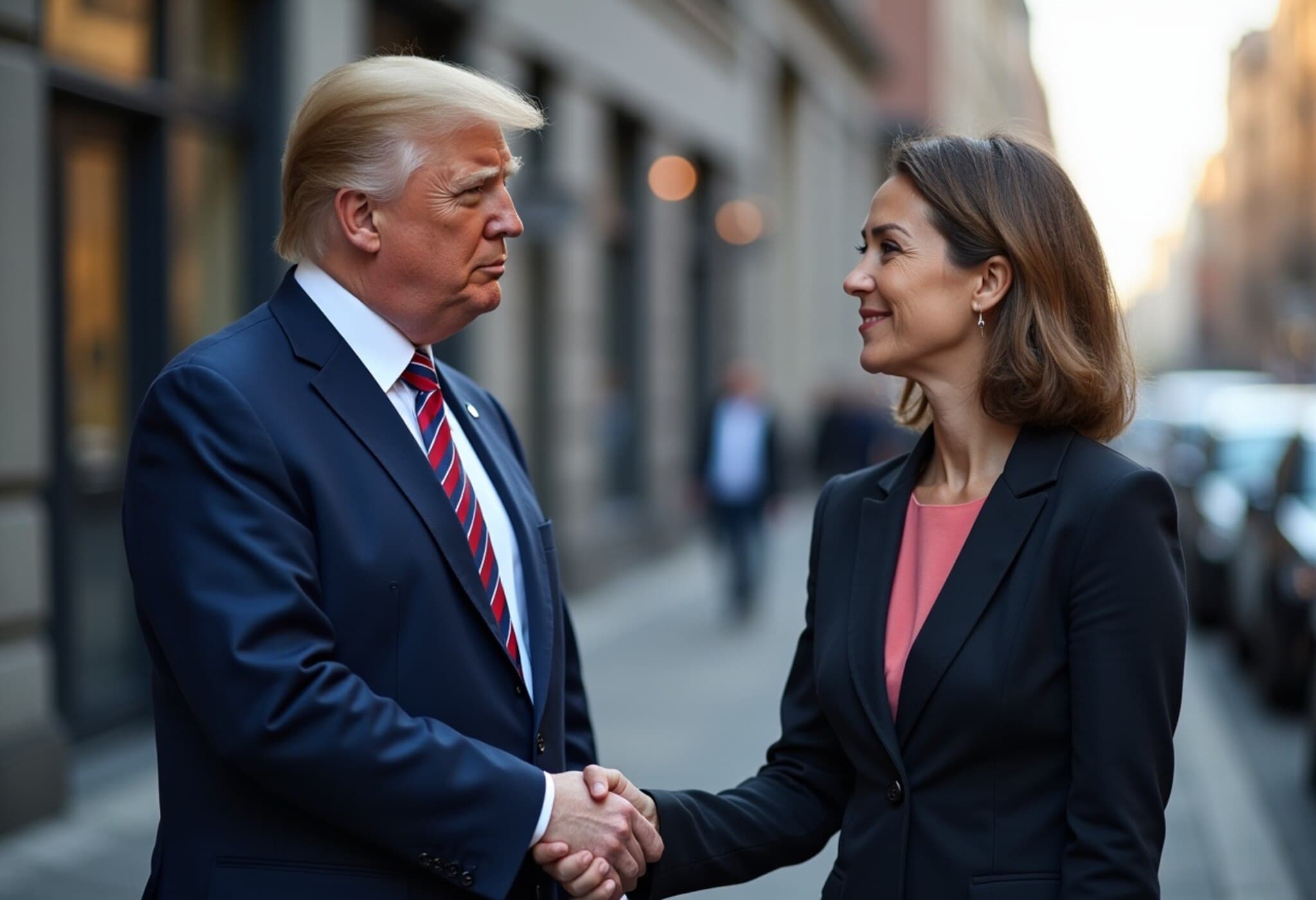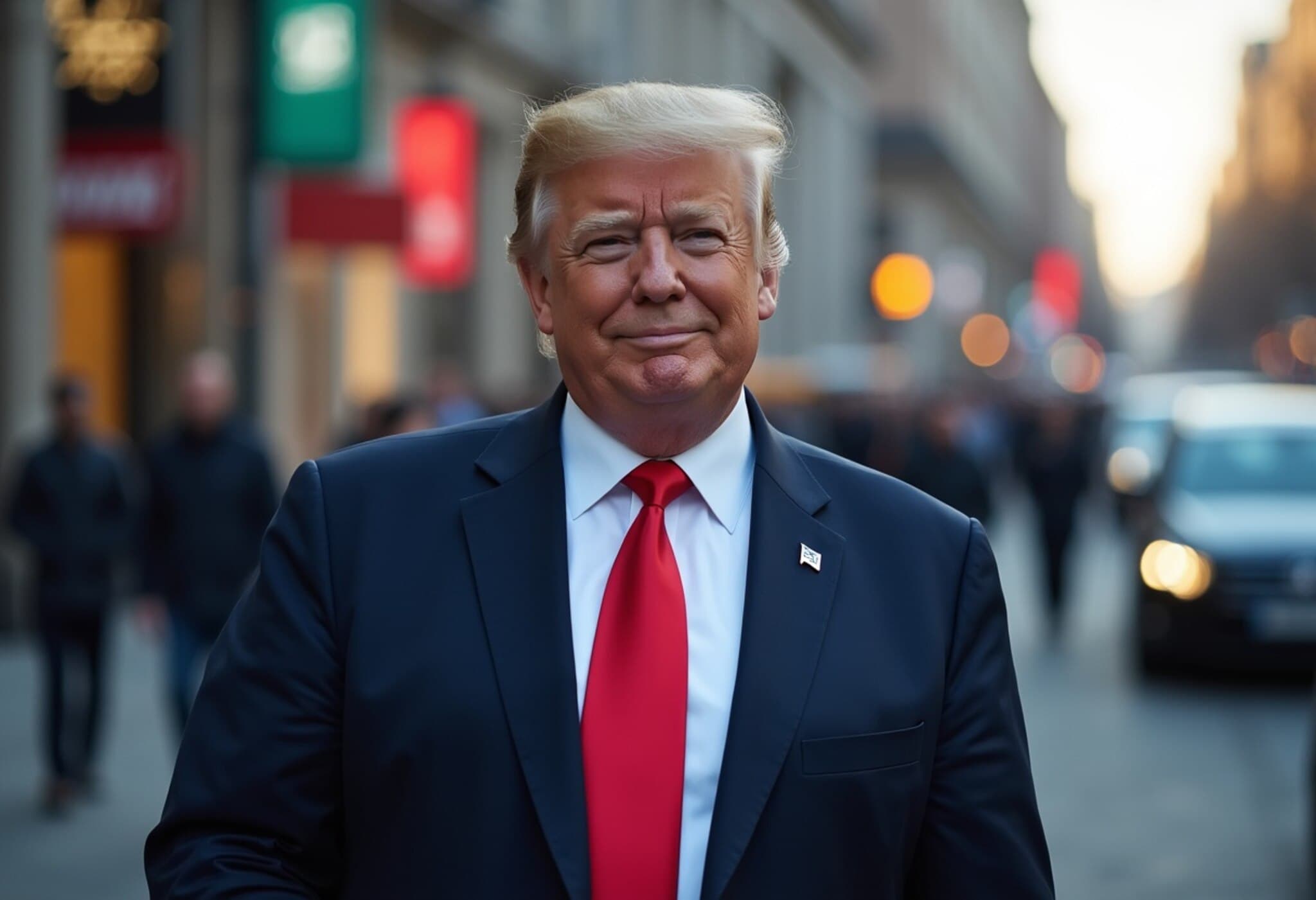EU Holds Back Retaliatory Tariffs as Transatlantic Tensions Mount
In a high-stakes game of economic brinkmanship, the European Union has hit the pause button on imposing retaliatory tariffs worth $25 billion (€21 billion) on American goods. This strategic delay attempts to preserve space for last-minute diplomacy, following former President Donald Trump’s announcement of looming 30% tariffs on European imports set to begin August 1.
European Commission President Ursula von der Leyen confirmed the postponement, originally slated for mid-July, underscoring the EU’s continued preference for dialogue over confrontation. "Our priority remains a negotiated settlement," von der Leyen said, emphasizing the bloc's determination to avoid escalation while negotiations remain viable.
Inside the EU: Diverging Visions Between Macron and Merz
However, beneath this diplomatic veneer, the EU’s unity shows cracks. Two of its most influential leaders—French President Emmanuel Macron and German Chancellor Friedrich Merz—are at odds over the bloc’s approach.
Macron’s Assertive Stance
Macron insists on preparing robust countermeasures, warning that Europe’s credibility hinges on a strong response if negotiations falter. Advocating for decisive use of all available tools, including the EU’s anti-coercion instrument, Macron calls on the Commission to demonstrate unwavering resolve. His position resonates particularly with southern European countries and key industry groups, who fear severe damage to their economies if Trump's tariffs take effect.
Merz’s Cautious Diplomacy
In contrast, Chancellor Merz champions a more measured path, urging the EU to seize the remaining time to negotiate a compromise. Highlighting the importance of avoiding an unnecessary trade war, he believes pragmatic diplomacy might still avert the economic fallout threatening German industries like automotive and steel.
EU Officials Question Trump’s Will to Enforce Tariffs
Despite the looming threat, many EU insiders are skeptical that Trump will “pull the trigger.” European officials perceive the 30% tariff threat as a negotiating gambit — a high-stakes leverage play rather than an imminent policy shift. They point to potential backlash from US investors and the market’s natural inclination to resist such drastic protectionism, suggesting economic self-interest as a restraining force within the US administration.
While delaying initial countermeasures, the European Commission continues preparing a broader retaliation package targeting up to €72 billion in US goods. Von der Leyen, however, stopped short of activating the bloc's anti-coercion mechanism, describing the unfolding situation as serious but not beyond diplomatic resolution.
Economic and Political Stakes for Europe
Macron's calls for a sturdy European response reflect frustrations over what he and others see as diminishing EU leverage—a sentiment fueled by concerns voiced by groups like Italy’s Coldiretti, whose leadership warns of massive losses in the agricultural sector should Trump’s tariffs materialize.
Meanwhile, German authorities stress caution, balancing the imperative to shield their critical industries against the risks of tit-for-tat escalation. German Finance Minister Lars Klingbeil emphasized serious negotiations, yet recognized that protectionist measures might become necessary if fair terms remain elusive.
Other European leaders, including Italy’s Prime Minister Giorgia Meloni and Dutch Prime Minister Dick Schoof, have urged patience and unity, highlighting the essential need for a mutually beneficial outcome. Ireland’s Deputy Prime Minister Simon Harris framed the US threat as a quintessential Trump negotiating tactic, reinforcing the idea that strategic calm is warranted.
Diversifying Trade Amid Uncertainty
In a broader strategic shift, von der Leyen has advanced trade relations with partners beyond the US. A political agreement with Indonesia concluded recently, ending nearly a decade of negotiations—a move symbolizing the EU’s commitment to diversify its economic dependencies. Talks with other Asian nations, including India and Thailand, are accelerating, reflecting a conscious effort to shield the EU economy from transatlantic volatility.
Behind the Scenes: Political Calculations and Market Dynamics
Experts widely interpret Trump’s tariff threats as intertwined with his 2024 presidential campaign strategy, aimed at projecting strength and rallying domestic support through aggressive trade rhetoric. Earlier claims by Trump that the EU imposes average tariffs of 39% on US goods have been firmly rejected by EU officials, who state the actual figure is closer to 2.5%, underscoring the misinformation complicating negotiations.
White House economic adviser Kevin Hassett’s comments that tariffs might be imposed if negotiations fail signal Washington’s brinkmanship. Meanwhile, EU diplomats maintain a united front in Brussels, continuing to support von der Leyen’s dual-track approach of negotiation combined with contingency planning.
Charting a Delicate Course Forward
The EU now faces a formidable balancing act — reconciling internal divisions while projecting international resolve. Macron’s assertive posture and Merz’s cautious pragmatism encapsulate the tension between safeguarding economic interests and preserving transatlantic ties.
Whatever path unfolds, the EU’s measured response in the coming weeks is set to be a defining moment in its role as a global trade power. The stakes transcend tariffs, touching on the bloc’s strategic autonomy, unity, and ability to withstand external pressures in a volatile geopolitical landscape.
Editor’s Note:
This unfolding saga invites reflection on how geopolitical rivalries reshape global commerce — especially highlighting the need for resilience through diversification and unified policymaking. Readers are encouraged to consider: How can the EU balance assertiveness with diplomacy? What lessons does this trade tension offer for broader transatlantic relations? As the August deadline nears, these questions will shape not only trade policy but the future of international cooperation.

